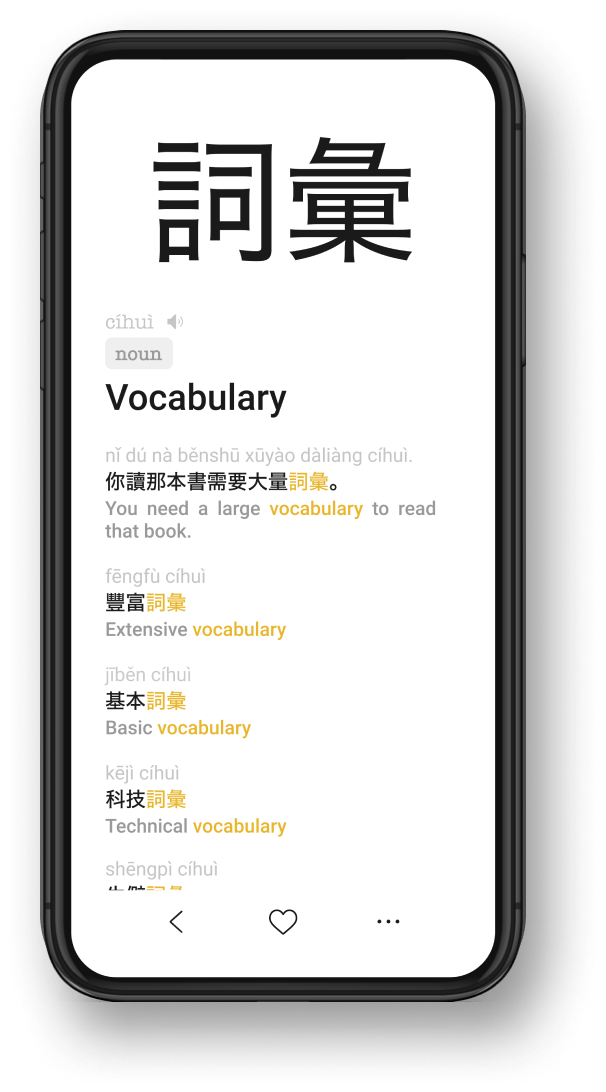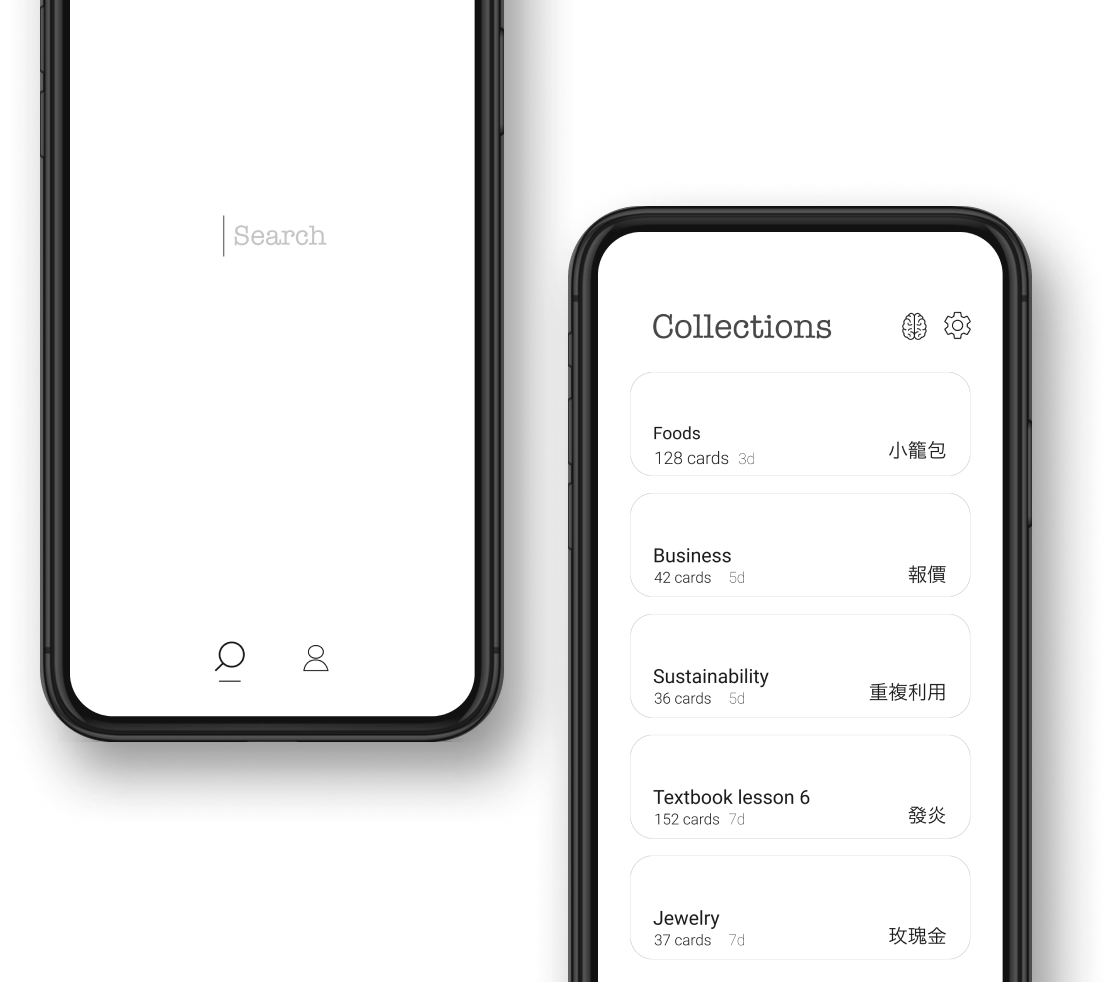Meaning of le:
了
(completed action marker); (modal particle indicating change of state, situation now); (modal particle intensifying preceding clause); to finish; variant of 瞭|了[liao3]
Wǒ yǐjīng chī le.
我已经吃了。
I have already eaten.
Tiānqì biàn le.
天气变了。
The weather has changed.
Wǒ yǐjīng wánchéng gōngzuò le.
我已经完成工作了。
I have finished the work.
Tā yǐjīng zhǔnbèi liǎo wǎncān.
他已经准备了晚餐。
He has already prepared dinner.
Tiānqì qínglǎng, dàjiā xīnqíng dōu biàn hǎo le.
天气晴朗,大家心情都变好了。
The weather is clear, and everyone’s mood has improved.
to achieve; to understand clearly; to understand clearly
Tā yǐjīng zhǔnbèi le cānjiā bǐsài.
他已经准备了参加比赛。
He is ready to participate in the competition.
Tā zhōngyú míngbái liǎo zhège fùzá de wèntí.
她终于明白了这个复杂的问题。
She finally understood this complex issue clearly.
Wǒ zhōngyú liǎojiěle zhège nántí.
我终于了解了这个难题。
I finally understood this difficult problem.
(of eyes) bright; clear-sighted
Tā de yǎnjīng liàng le.
他的眼睛亮了。
His eyes are bright.
Yīqiè dōu biàn le, wǒ zhōngyú gǎnjué dào qīngsōng.
一切都变了,我终于感觉到轻松。
Everything has changed, and I finally feel relieved.
unofficial variant of 瞭[liao4]
Tā zuìjìn liǎojiě le hěn duō guānyú lìshǐ de zhīshì.
他最近了解了很多关于历史的知识。
He has recently learned a lot about history.

